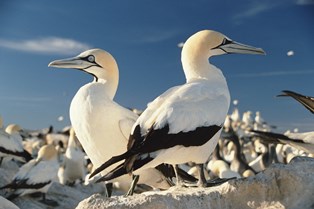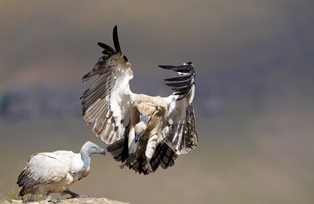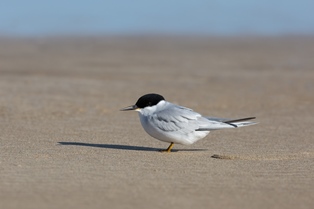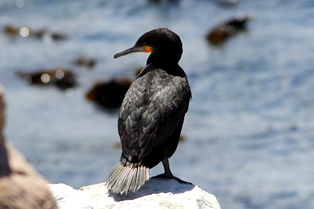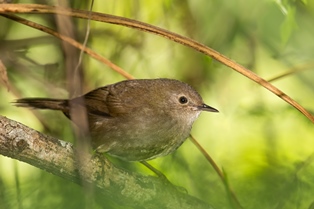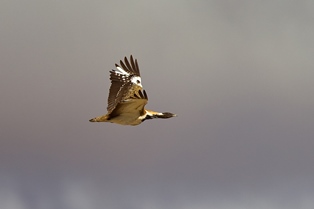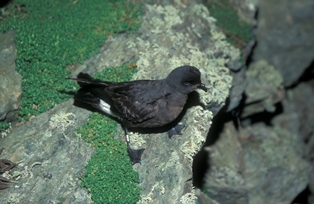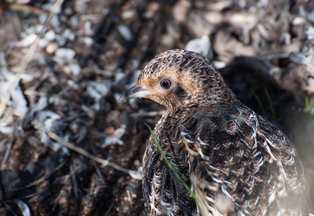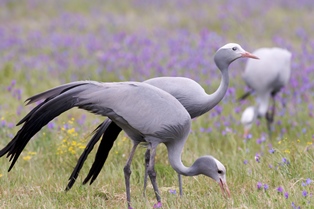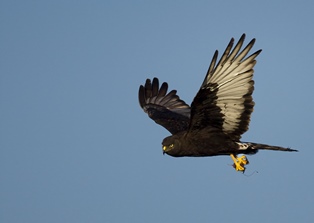
Endangered Birds in the Western Cape
Why we should protect our endangered birds
Birds are an important component of our country’s rich biodiversity. Their populations are an indicator of ecosystem health. Healthy populations of birds indicate that the environment is healthy, and this benefits people. Birds play a valuable role in the environment, such as owls that help reduce our rodent and insect populations.
Conserving our bird populations ensures that our environment remains beautiful and rich with natural diversity, and our ecosystem remains balanced. Unfortunately, there are currently 132 bird species in South Africa that are regionally threatened and vulnerable, and some could even face extinction. Our bird population is declining because of:
- Habitat destruction,
- irresponsible farming (such as the use of pesticides),
- over-fishing,
- the impacts of invasive plants and animals, and
- climate change.
Besides adding ecological value, birds are also important for ecotourism. Birdwatching is one of the world’s fastest growing pastimes, and it has been determined that avi-tourism (travel and tourism that focuses on and highlights local birding opportunties) contributes significant income to the South African economy. People in rural areas, such as community bird guides, make a living from guiding local and international birdwatchers.
According to BirdLife South Africa, reasons to protect our bird populations should also include:
- Sustaining and growing the bird watching industry, because it is a growing economic force.
- Society values birds not only for economic reasons, but also for cultural, ethical and spiritual reasons.
- Their ecological role, such as pollinators of plants.
3 Birds in the Western Cape that are currently endangered
Cape Vulture
The Cape Vulture is endemic to southern Africa and is one of the largest vulture species on the continent. 90% of the Cape Vulture’s known breeding colonies are situated in the South Africa, of which one is in the Western Cape at De Hoop Nature Reserve. The Cape Vulture is threatened regionally and globally. There are a number of threats to the Cape Vulture including collision with powerlines, electrocution, and declining food availability.
Damara Tern
The Damara Tern is a coastal bird that ranges along the western coastline of Southern Africa, mainly in the Western and Eastern Cape, as well as Namibia. The bird is critically endangered regionally and it’s only known breeding range in South Africa is near Struisbaai. Its largest breeding colony is in Namibia where mining, coastal development and off-roading threatens its existence.
Leach's Storm Petrel
The Leach’s Storm Petrel is a coastal bird that ranges from the cold north Atlantic to the southern Atlantic, as well as the Northern Pacific. The bird breeds on remote, and often inaccessible, islands. Due to their reliance on the ocean, they are often never seen by us. In southern Africa, there are only 3 known breeding islands: Jutten, Dassen and Dyer Islands. However, only Dassen Island has been confirmed as the only existing breeding colony.
What can you do to help?
One of the best ways to help conservation efforts is by volunteering at one of the many bird conservation organisations and groups in the Western Cape.
If you are 18 years and older, take time out to volunteer at the Southern African Foundation for the Conservation of Coastal Birds (SANCCOB), a conservation body dedicated to the rehabilitation of seabirds. Volunteers are needed all year round to:
- Assist seabird rehabilitation such as cleaning and feeding birds.
- Drive/collect seabirds.
- Support general centre maintenance.
- Assist with educational tours.
- Provide photography/videography, journalism and translation services.
- Volunteer in fundraising events.
For more information about SANCCOB please contact them at 021 557 6155 or email volunteers@sanccob.co.za.
You can also donate to BirdLife South Africa which promotes the enjoyment, understanding, study and conservation of wild birds and their habitats. BirdLife South Africa allows you to select a conservation project of your choice such as:
- Vulture Awareness and Conservation
- African Penguin Conservation
- Important Bird and Biodiversity Areas Conservation
Donating to organisations like BirdLife South Africa is important because the funds are used to support conservation work, such as protecting the habitats which birds rely on.
You can join one of the many bird clubs in the Western Cape, such as:
- The Cape Bird Club
- BirdLife Worcester
- BirdLife Plettenberg Bay
- BirdLife Overberg
- Lakes Bird Club
- Stanford Bird Club
- Tygerberg Bird Club
- West Coast Bird Club
Once your bird identification skills have been developed you can become a 'citizen scientist' and contribute to a number of important bird and biodiversity monitoring projects, such as the Southern African Bird Atlas Project.
How can you protect birds at home?
When you create the right environment, you will attract birds to your garden. To start protecting the birds at your home you need to;
- Protect birds from your pets, especially cats and dogs.
- Place bird feeders around your garden, and clean them regularly because dirty bird feeders can spread disease.
- Plant indigenous plants because they provide
sfood, nest sites, and shelter for birds. - Put a bird bath in your garden to provide a year-round clean drinking and bathing water source for birds.
- At night, turn off the lights because some birds are attracted to lights and are killed colliding with physical structures.
- When hiking, biking, going to the beach, or camping, stay on the trails and respect restricted areas, and keep pets on leashes.
South Africa's national bird
The national bird of South Africa is the blue crane. Blue crane's are endemic to southern Africa, mainly in grassland areas. They are always either in pairs or small family parties. The blue crane is currently listed as vulnerable on the Red List of the International Union for the Conservation of Nature.

